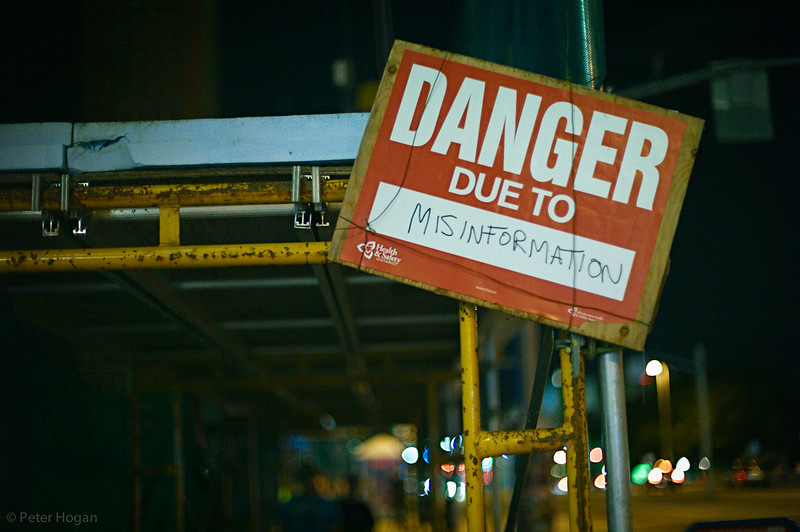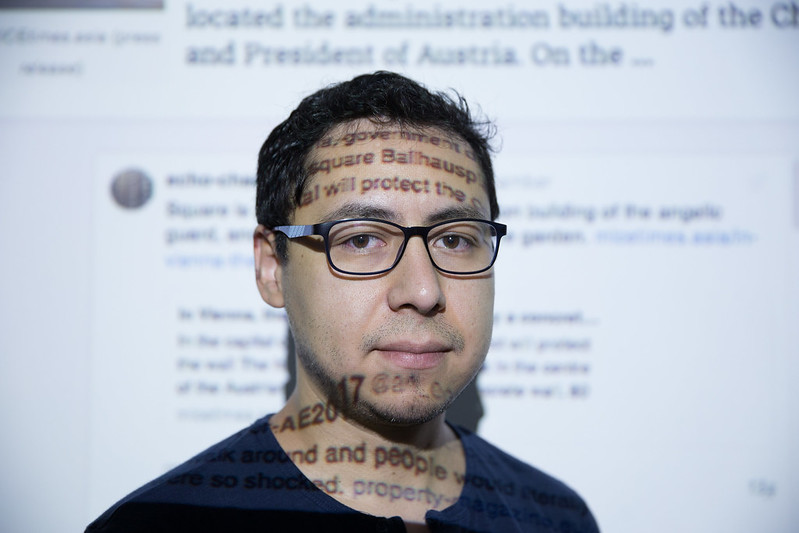New conspiracy theories appeared during the pandemic. Twitter was not the only form of social media in which one could come across conspiracy theories. In fact Q’Anon perpetuated and spread COVID-19 conspiracy theories as well (Morelock & Narita 2022). Many social media platforms featured conspiracy theories that enacted a growth in conspiracy thought at the time.

During the pandemic many new conspiracy theories began trending and multiplying (Ahmed et al. 2020 B). In terms of specifically COVID-19 vaccination conspiracy theories, there is a lot of concentration of these narratives among scholars. The pandemic was the home of many new conspiracy theories, with the spread of misinformation gaining more popularity and attention than ever before spread of misinformation like the 5G Vaccine theory took hold (Sharp 2023). The issue gained prominence because people began asking questions about the disease that they could not find clear answers to so conspiracies ensued (Dmitry, Abraham & Nadeja 2022).

Isolation created an echo chamber for such theories, it made it so peoples’ ideas (no matter how outlandish) were not getting argued by counter points by others all that often, if ever. The COVID-19 pandemic kept people isolated from the rest of society so many resorted to social media for human interaction and news updates leaving many in a vulnerable position in terms of belief of misinformation (Gerts et al. 2021). Conspiracy theory belief appeared to be rising among social media users globally. Such a wide scale of misinformation belief could be alarming if it had not been for the unusual conditions.

The conditions of the time rendered each individual isolated and often stressed over the lack of clear updates or direction. Job search anxiety seemed to be impacted by conspiratorial thinking as well, affect-focused rumination in this case is essentially repetitive negative thoughts about one’s job search. Conspiracy theory belief seems to be connected to some negative traits regarding mental health for instance one study found that those who possessed higher levels of conspiracy theory beliefs had higher rates of affect-focused rumination as an impact of COVID-induced job search anxiety (Gabriel et al. 2021) .

Conspiracy theorists have found a space to spread misinformation on social media and online (Green et al. 2021). The isolation felt during the pandemic was unique and it created a situation in which people were not facing many conflicting beliefs to their own directly allowing misinformation, and conspiracy theories to persist in the minds of those who agreed with them on social media.